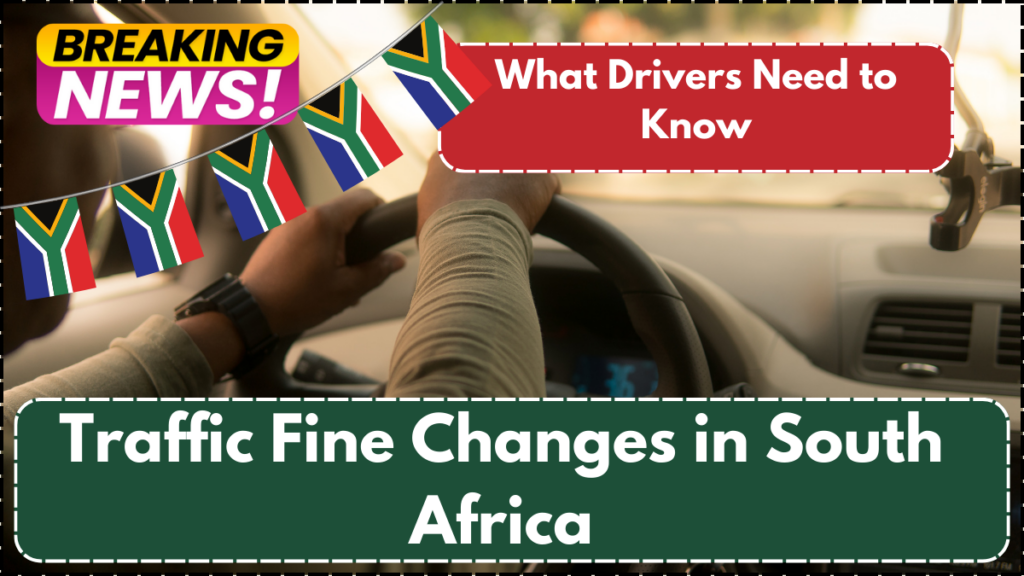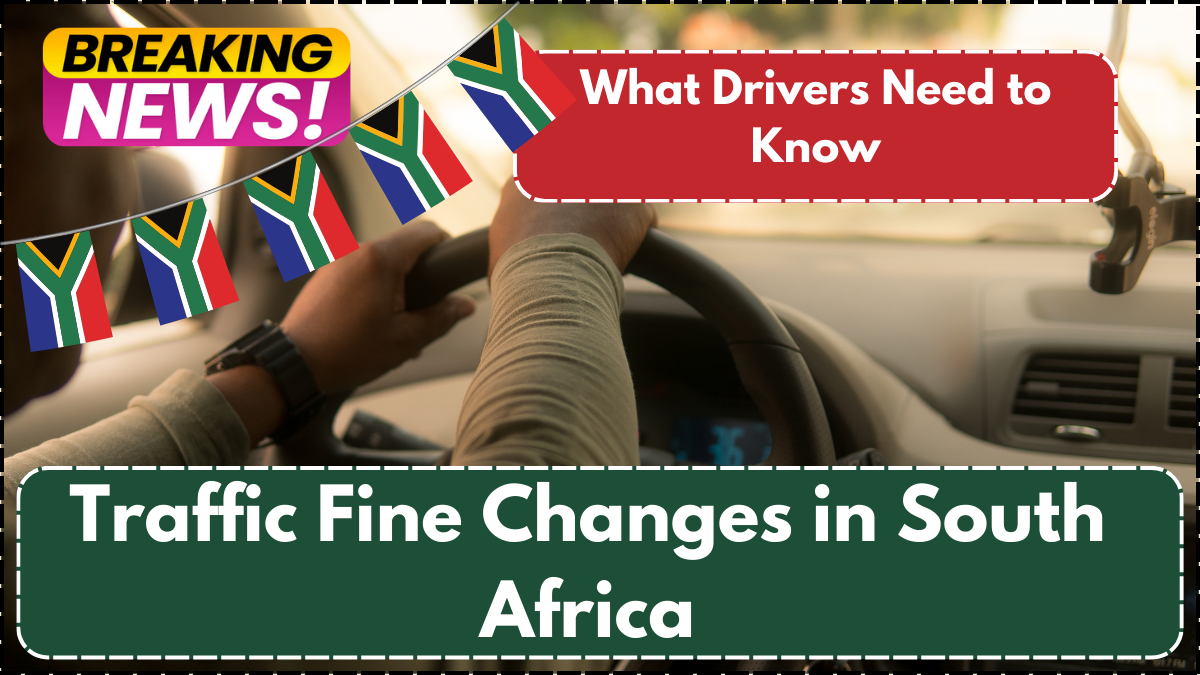The Department of Transport (DoT) remains silent on the rollout of the Administrative Adjudication of Road Traffic Offences (AARTO) and the AARTO Amendment Act. Initially passed in 1998, this legislation is now 27 years overdue. As of April 2025, full implementation remains elusive, leaving motorists, municipalities, and road safety advocates in limbo.

The Long Road of AARTO: A 27-Year Delay
AARTO was designed to transform how traffic violations are handled in South Africa. By introducing a demerit system and distinguishing between criminal offences and administrative infringements, the act aims to improve driver behaviour and reduce fatalities. However, according to Rob Handfield-Jones, a road safety expert, the legislation has been repeatedly undermined by over-complication and inconsistent amendments.
Handfield-Jones criticized the government’s handling: “They’ve diluted the core of the Act through continuous legislative changes. At this point, it might be more practical to enhance the current enforcement framework with mechanisms like proper document delivery and a robust demerit system, as practiced in the UK.”
Purpose of AARTO vs Reality
AARTO was originally intended to:
- Curb road fatalities
- Improve driver accountability
- Introduce a demerit system for serious violations
Yet, multiple civil society organisations question its true purpose. Outa, Fines SA, and the Automobile Association of South Africa argue that AARTO’s structure prioritises revenue generation over road safety. These concerns intensified after Outa lost a legal challenge in July 2023 at the Constitutional Court, which cleared the legal path for implementation.
Current Legal Framework and Key Changes
Presently, most traffic violations in South Africa are criminal offences, which can be disputed in court. AARTO changes this by splitting offences into two types:
- Infringements (less serious, handled administratively)
- Offences (serious, handled through the courts)
While the intent is to decriminalise minor violations and ease legal backlogs, critics warn that this shift reduces accountability and weakens motorists’ ability to dispute unjust fines.
A Timeline of Missed Deadlines
| Year | Milestone | Outcome |
|---|---|---|
| 1998 | AARTO Act Passed | Not implemented |
| 2020 | Outa challenges AARTO | Legal battle ensues |
| 2021–2022 | Phased rollout announced | Targets missed |
| July 2023 | Constitutional Court ruling | Outa loses challenge |
| July 2024 | Revised full implementation deadline | Missed |
| April 2025 | Current status | Still pending, no confirmed date |
Latest Developments in 2025
The National Automobile Dealers Association of South Africa (NADA) recently indicated that the Department of Transport plans to roll out AARTO to all remaining municipalities by the end of 2024. The demerit points system is now expected to launch sometime between April and mid-2025.
However, NADA chair Brandon Cohen and other stakeholders remain skeptical. The full implementation hinges on several unresolved issues, including the appointment of Appeals Tribunal members. This tribunal is a critical element in ensuring due process and administrative fairness.
In November 2024, Road Traffic Infringement Agency (RTIA) spokesperson Monde Mkalipi confirmed that they were still in talks with the Department to finalise documentation required for proclamation. As of April 2025, the number of municipalities that have adopted AARTO remains undisclosed.
Resistance from Municipalities
Another roadblock comes from local governments. Under AARTO, municipalities are required to surrender 50% of their traffic fine revenue to the RTIA. Many municipalities, already grappling with budget deficits and declining revenue due to increased private electricity generation, are pushing back against this provision.
Lack of Communication and Accountability
Despite requests from media outlets such as MyBroadband, the Department of Transport has yet to offer a detailed progress report. The silence has fueled frustration and confusion among drivers and municipalities alike.
Conclusion
The AARTO system, while conceptually sound in its intent to enhance road safety, remains stalled due to legislative complexity, bureaucratic inertia, and lack of stakeholder buy-in. As of April 2025, the demerit system is still not operational, and no firm implementation date is in sight. The path forward demands transparency, stakeholder collaboration, and realistic timelines.
FAQs
What is AARTO supposed to do?
AARTO aims to improve road safety by classifying traffic violations into offences and infringements, allowing administrative handling of less serious cases and enforcing a demerit system.
Why hasn’t AARTO been implemented yet?
Implementation has been delayed due to legal battles, structural complexity, municipal resistance, and a lack of clarity from the Department of Transport.
What does the demerit system mean for drivers?
Drivers accumulate points for infringements. Once a certain threshold is exceeded, their license can be suspended or even permanently revoked.
Is AARTO active in any part of South Africa?
Some pilot municipalities began using AARTO, but the nationwide rollout is still incomplete as of April 2025.
How does AARTO affect municipalities?
Municipalities must give up 50% of their traffic fine revenue to the RTIA, a point of significant resistance due to existing budget shortfalls.
For More Information Click Here
Pari is a passionate writer known for captivating stories that blend imagination and reality. Inspired by travel, history, and everyday moments, Pari crafts narratives that resonate deeply with readers.




